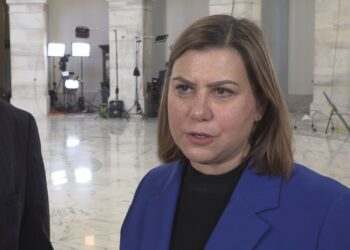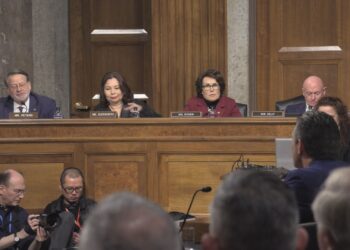WASHINGTON, D.C. – Leaders of OPEC+ announced they’re cutting their largest production of oil since the pandemic began. The move is not only being described as politically motivated, but we could feel the impact of this announcement at our pumps.
After dealing with high gas prices for months and in some places reaching record highs, data shows gas prices dropped slowly but then slowly picked back up again. Looking at AAA’s gas price map, states like Michigan and Pennsylvania are averaging higher than the national average. Taking a closer look at some counties, consumers in Marquette County, MI are paying 50 cents more than the national average. In Erie County, PA about ten cents more. Over in New York, their overall average is below the national. However, Western New York is paying about 20 to 30 cents more than the state average.
But the influential crude oil group, known as OPEC+ announced they will cut about two million barrels per day to prop up prices per barrel.
“We are providing security to the energy markets,” said Haitham Al Ghais, OPEC Secretary-General
Petroleum experts believe OPEC’s move can now boost U.S. gas prices by about 15 to 30 cents per gallon. President Biden, who earlier this year encouraged OPEC members to keep oil flowing, is criticizing the energy group’s decision. The White House believes part of OPEC’s decision is for political reasons, saying OPEC+ is aligning with Russia; countering efforts by the U.S. and Europe who have tried to cut off revenue to Russia for their oil export sale.
The Wall Street Journal reports the U.S. could turn to places like Venezuela for oil, but experts said that has its own political and moral implications. Congressional Republicans are calling on Biden to instead boost U.S. domestic production. In the short term, the White House said they are encouraging domestic energy companies to not price gouge.
“What they did yesterday was a huge mistake and unwarranted,” said Amos Hohstein, senior adviser for Global Energy Security with the State Department. “Prices are frankly, when they say that there’s energy security has a price, that is true, but not this price.”
The White House announced they will release another ten million barrels of oil from the strategic petroleum reserve. This something the administration has already done to help curb costs earlier this year but some experts are cautioning against it.















